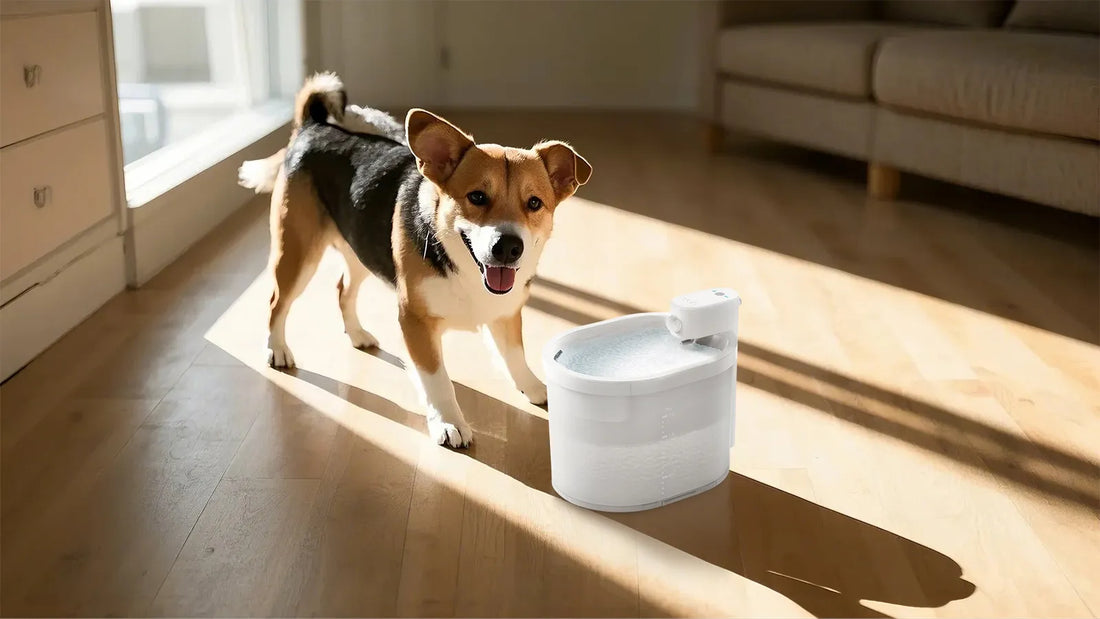If your cat is peeing outside of the litter box, you're not alone. This frustrating behavior is one of the most common reasons cat owners seek advice. While it can be tempting to scold your furry friend, the key to solving the problem lies in understanding the underlying causes. From health issues to environmental stressors, there are numerous factors that could be driving this behavior. Let's dive into the reasons and explore practical solutions to help your cat get back on track.
Medical Issues: The First Thing to Rule Out
Before assuming your cat is acting out, it's crucial to rule out any medical conditions. Urinary tract infections, bladder stones, and kidney disease can all cause discomfort, leading your cat to avoid the litter box. If your cat is straining to urinate, producing only small amounts of urine, or showing signs of pain, a visit to the vet is essential. Early diagnosis and treatment can prevent more serious complications and often resolve the issue entirely.
Stress and Anxiety: A Common Culprit
Cats are creatures of habit, and changes in their environment can trigger stress and anxiety. Moving to a new home, introducing a new pet, or even rearranging furniture can disrupt your cat's sense of security. When stressed, cats may mark their territory by urinating outside the litter box. Providing a calm and predictable environment, along with plenty of hiding spots and vertical spaces, can help your cat feel more secure.
Litter Box Preferences: What Your Cat Wants
Sometimes, the problem lies with the litter box itself. Cats can be picky about the type of litter, the size of the box, and even its location. If the litter box is too small, too dirty, or placed in a noisy area, your cat may avoid it. Experiment with different types of litter, ensure the box is cleaned regularly, and place it in a quiet, accessible spot. Offering multiple litter boxes in different locations can also encourage proper use.
Territorial Behavior: Marking Their Space
Unneutered or unspayed cats are more likely to engage in territorial marking. Even spayed or neutered cats may mark their territory if they feel threatened by other animals in the household. This behavior is more common in multi-cat homes, where competition for resources can lead to tension. Addressing the root cause of the conflict, such as providing separate feeding areas and litter boxes, can reduce territorial marking.
Age-Related Changes: Senior Cat Considerations
As cats age, they may experience physical and cognitive changes that affect their litter box habits. Arthritis can make it difficult for older cats to climb into a high-sided box, while cognitive decline can lead to confusion about where to go. Providing a low-entry litter box and placing it in an easily accessible location can help senior cats maintain their independence. Regular vet check-ups are also important to monitor for age-related health issues.
How to Clean Up Accidents Effectively
When your cat pees outside the litter box, thorough cleaning is essential to prevent repeat incidents. Use an enzymatic cleaner specifically designed for pet urine to break down the odor molecules. Avoid ammonia-based cleaners, as they can mimic the smell of urine and encourage your cat to return to the same spot. If the odor persists, consider using a black light to identify hidden stains that may need additional attention.
Positive Reinforcement: Encouraging Good Habits
Rewarding your cat for using the litter box can reinforce positive behavior. Offer treats, praise, or playtime immediately after your cat uses the box correctly. Avoid punishment, as it can increase stress and worsen the problem. Patience and consistency are key to helping your cat develop good habits.
When to Seek Professional Help
If you've tried everything and your cat is still peeing outside the litter box, it may be time to consult a professional. A veterinarian or a certified animal behaviorist can provide tailored advice and support. They may recommend behavior modification techniques, medication, or additional tests to identify underlying issues.
Dealing with a cat that's peeing outside the litter box can be challenging, but with the right approach, it's a problem that can be solved. By addressing medical concerns, reducing stress, and making the litter box more appealing, you can help your cat feel comfortable and confident. Remember, every cat is unique, and finding the right solution may take time. Stay patient, stay positive, and soon your home will be a happier place for both you and your feline friend.

![[🎃Halloween Sale]UAHPET Stainless Steel Self-Cleaning Cat Litter Box](http://www.uahpet.com/cdn/shop/files/1-cat-litter-box.jpg?v=1759128420&width=1600)












